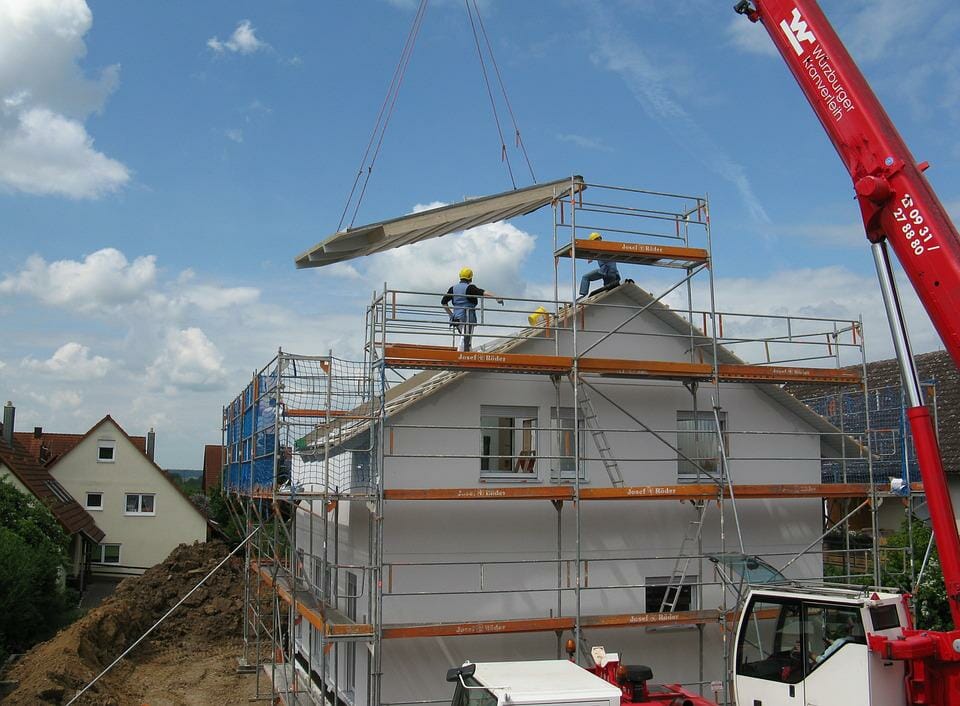- In the first 12 months since the annual allowance for pension contributions rose, despite 42% of high net worth individuals (HNWIs) previously saying they planned to contribute the full £60,000, only a third have contributed more than £40,000 and just 8% more than £50,000
- The pension pots of those nearing retirement are currently more than £100,000 short of where they should be to satisfy the income they want in retirement
- Data from the Saltus Wealth Index Report reveal that despite an increase to allowances, factors such as the cost of living crisis and supporting family members, have meant pension contributions are not being prioritised
In the first year since the pensions’ annual allowance was increased, new data from the Saltus Wealth Index Report reveals that high net worth individuals (HNWIs) are not making the most of the increased allowance.
In April 2023, the annual allowance – the amount you save into a pension pot each year before paying tax – increased from £40,000 to £60,000, and despite 42% of high net worth individuals saying they planned to take advantage of the new limit, just a third have.
Key findings from UK wealth manager Saltus’s latest report, which surveyed 2,000 people with investable assets of over £250,000, indicate that the majority of HNWIs (56%) are not utilising the extra £20,000 allowance available to them, raising questions about why people are not making the most of it.
Nearly a third of HNWIs (27%) are contributing above the previous annual allowance – adding between £40,000 and £50,000 into their pension this year – yet only 8% are contributing up to the maximum £60,000.
According to the research, the average pension contribution for HNWIs is £35,400, up only £1,600 from April 2023 where average contributions (prior to increase in annual allowance) were £33,800.
Furthermore, the research shows the average pension pot of HNWIs is £483,571 – more than £50,000 short of the £535,979 pot, that would be necessary to provide their desired level of income. For those nearing retirement (respondents aged 55+) the ‘shortfall’ is even larger, at more than £115,000.
Cost of living pressures
The latest research from Saltus suggests that cost of living pressures are having an impact, with 13% of respondents reducing pension contributions as a direct result of rising costs. Furthermore 10% of those with adult children (and 15% of those with adult grandchildren) have reduced their own pension contributions specifically to fund financial support for younger generations.
Commenting on why some HNWIs are not making the most of the increased annual allowance, Gianpaolo Mantini, Chartered Financial Planner at Saltus, says: “When the increase to the pensions annual allowance contribution came into effect this time last year, it is something we would have expected to see most HNWIs making the most of. This is because, firstly, most do not think their current pension savings are sufficient for a ‘comfortable retirement’ and, secondly, because pensions are one of the most tax efficient ways for high earners to save.
“However, our report shows that despite HNWIs thinking their pension pots are short of where they should be – and 42% said they planned to invest the full £60,000 – they are not utilising the new allowance to boost their retirement savings. Just 11% of those aged over 55 are investing more than £40,000.”
“As a relatively new change, I suspect the underutilisation suggested by our research could be due to a lack of awareness about the increased allowance, and if people don’t know that its available, they may be sticking to the same approach for their pension that they have used for years.
“More broadly, it could be linked to lower levels of disposable incomes following mortgage interest rates and other inflationary pressures. Business owners particularly have been conscious of increased wage demand and pressures on their profitability and so are retaining additional cash to weather the current economic climate – and subsequently not topping up their pensions. Looking at the next 12 months, there are also concerns about which elements of the recent pension changes Labour may look to reverse if they win the next election.”
















